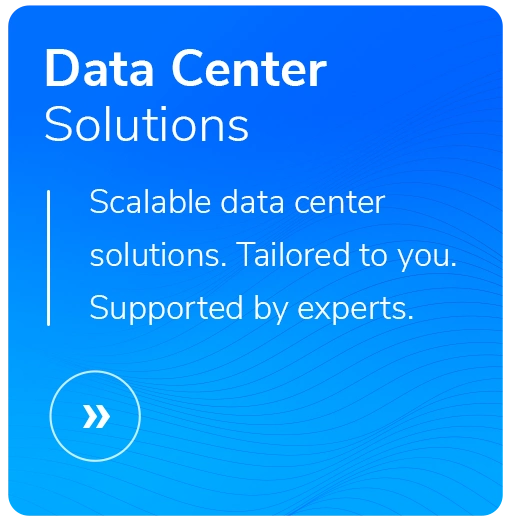Elevate Your Organization with Effective SaaS Operations Management
- Written by: Ryan Mosher

Today, Software as a Service (SaaS) is worth over $195 billion—increasing in size by 500% since 2015—and is considered the most critical technology in business success.
The SaaS revolution—which unofficially began in 1999 when Salesforce launched its customer relationship management platform—now accounts for more than 70% of company software use.
While SaaS has gifted organizations with a vast arsenal of cloud-based tools, it has also presented complex challenges that must be managed effectively so that all of that great software is a help, and not outweighed by the complexity of managing it.
Chances are, SaaS is a major part of your organization and will continue to grow in importance. How you choose to manage SaaS—or not manage SaaS—will be just as significant as the software itself.
What Is SaaS Management?
SaaS management is the practice of managing the entire lifecycle of SaaS applications within an organization’s technology portfolio. It ensures you get the most out of your SaaS subscriptions while minimizing risks and inefficiencies.
Why Is SaaS Operations Management Important?
When you’re juggling dozens—or in many cases 100s—of SaaS applications at one time, it isn’t just about keeping them up in the air; it’s about knowing which balls to catch, which balls might need to be swapped out, which balls are unsafe, and which balls need to be dropped and never picked up again.
Here are a few pitfalls of poor SaaS management:
- SaaS Sprawl: Unmonitored subscriptions lead to overlap, wasted resources, and unnecessary expenses.
- Shadow IT: Security vulnerabilities arise when employees use unsanctioned apps, exposing organizations to heightened security risks.
- Compliance Challenges: Failing to track and manage SaaS use can lead to violations of industry regulations, resulting in fines and reputational damage.
These risks (and there are plenty more) highlight the importance of a structured approach to SaaS operations management, aligning technology tools with business goals and compliance requirements.
The Benefits of a Good SaaS Operations Manager
A SaaS operations manager and their team protect your organization while maximizing the advantages of your cloud investment. Here’s how:
- Visibility and Control: Effective SaaS operations shine a light on all your subscriptions, identifying unused licenses and redundancies.
- Streamlined Onboarding and Offboarding: Ensure a smooth user experience from beginning to end by efficiently provisioning access as needed.
- Enhanced Security: Enforce best practices and access controls, minimizing security risks, and keeping your data safe.
- Compliance Confidence: SaaS operations help ensure your usage follows regulations, saving you from compliance headaches.

The Future of SaaS Operations Management: A Managed SaaS Solution
We’ve established that the SaaS industry is growing and massively important to everyday business, and every organization needs guardrails to manage SaaS effectively.
By 2026, Gartner expects that half of all organizations will centralize SaaS management. Why? Because it is efficient, secure, and cost-effective.
Managing a SaaS landscape can be a full-time job, diverting time and effort from focusing on organizational goals. With a technology partner who lives SaaS management every day, a managed SaaS solution can transform the way businesses handle their cloud applications.
A partner that can manage SaaS for you allows for:
- Expertise on Demand: Specialized knowledge and experience, ensuring best SaaS management and security practices.
- Optimization of Your SaaS Stack: Negotiate better rates, avoid overspending, and make sure you’re on the correct pricing tiers, making it a very cost-effective way to handle all of your SaaS subscriptions.
- Proactive Management: From monitoring usage to managing renewals, a managed SaaS partner proactively handles the day-to-day tasks, preventing issues before they arise.
- Focusing on Your Core Business Goals: Handing off SaaS operations allows business leaders and internal IT teams to concentrate on the strategic initiatives that drive their business forward rather than spending time and resources on the nuances of software management.
Partnering with a managed SaaS provider is a strategic decision that positions businesses for success in a world of ever-growing SaaS sprawl. It allows you to empower your organization to focus on growth and innovation while experts manage the complexities of your SaaS ecosystem.
Take Control of Your SaaS Operations
The first step in effective SaaS management is assessing your current SaaS landscape and identifying the challenges and goals unique to your organization.
HBS can help assess your system, design and implement a comprehensive SaaS management strategy, and provide the ongoing monitoring and maintenance you need to make the most of your SaaS investment.
Talk to an HBS SaaS expert today. The challenges of managing SaaS are significant, but with the right approach, and with the right partner, you can turn your SaaS into one of your biggest strengths.






